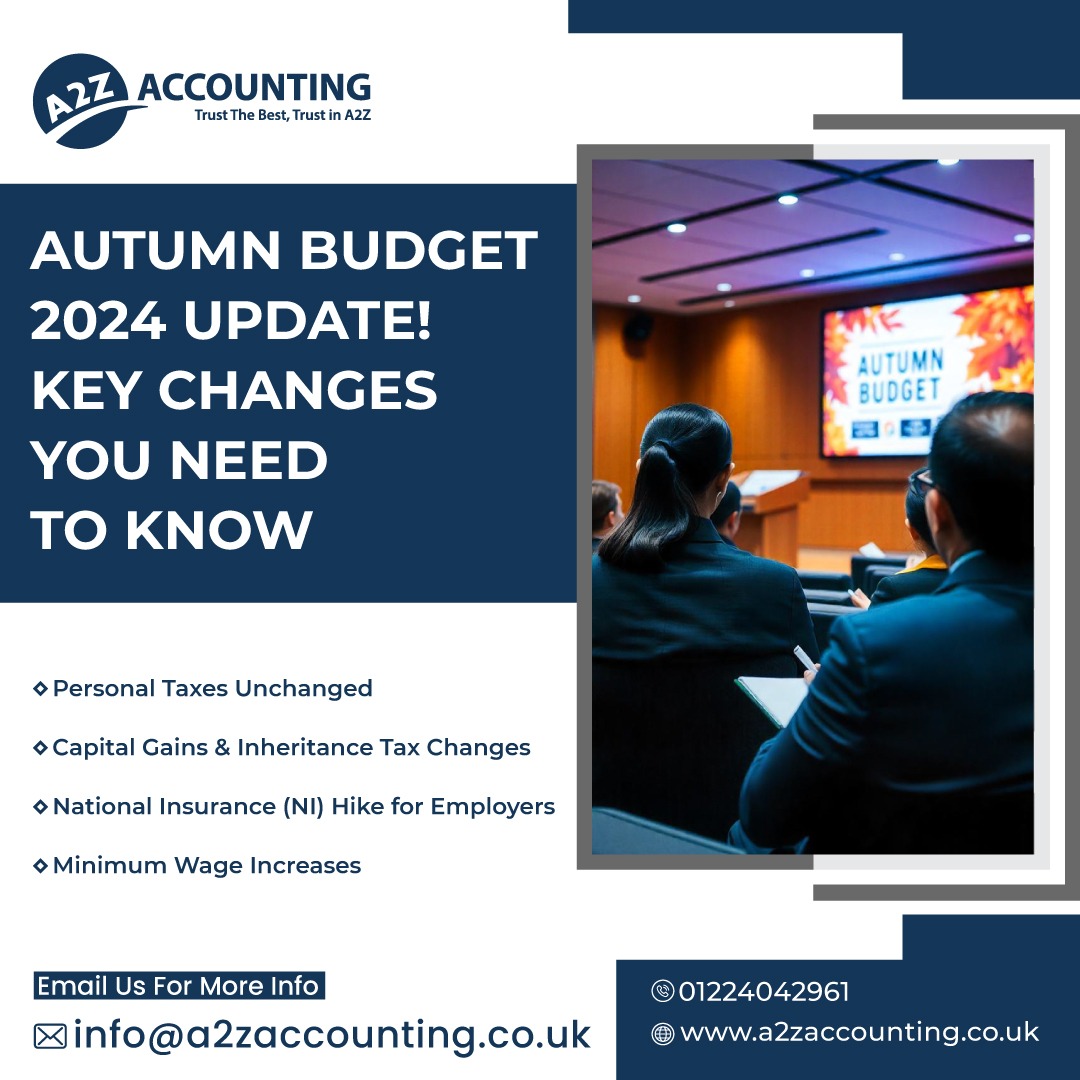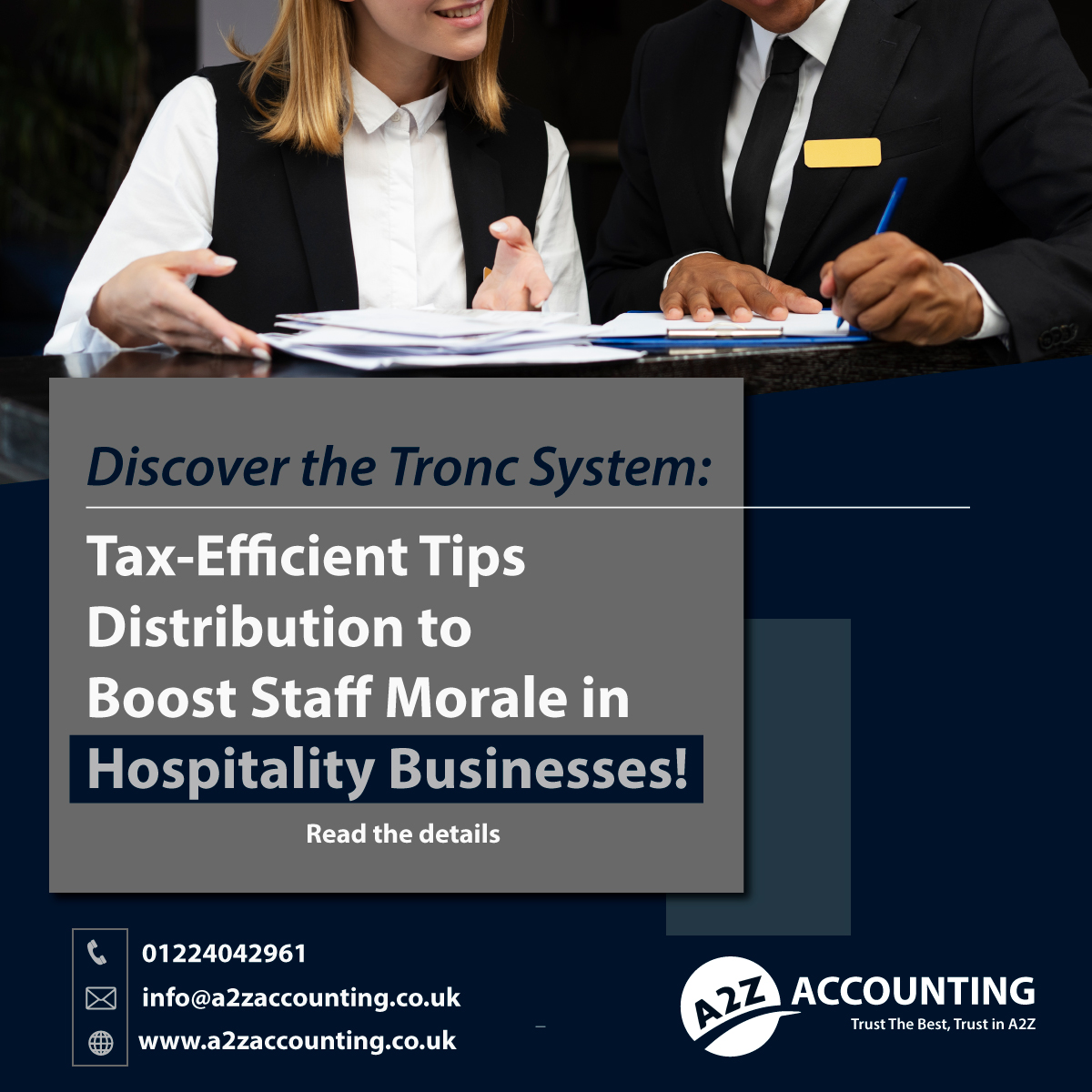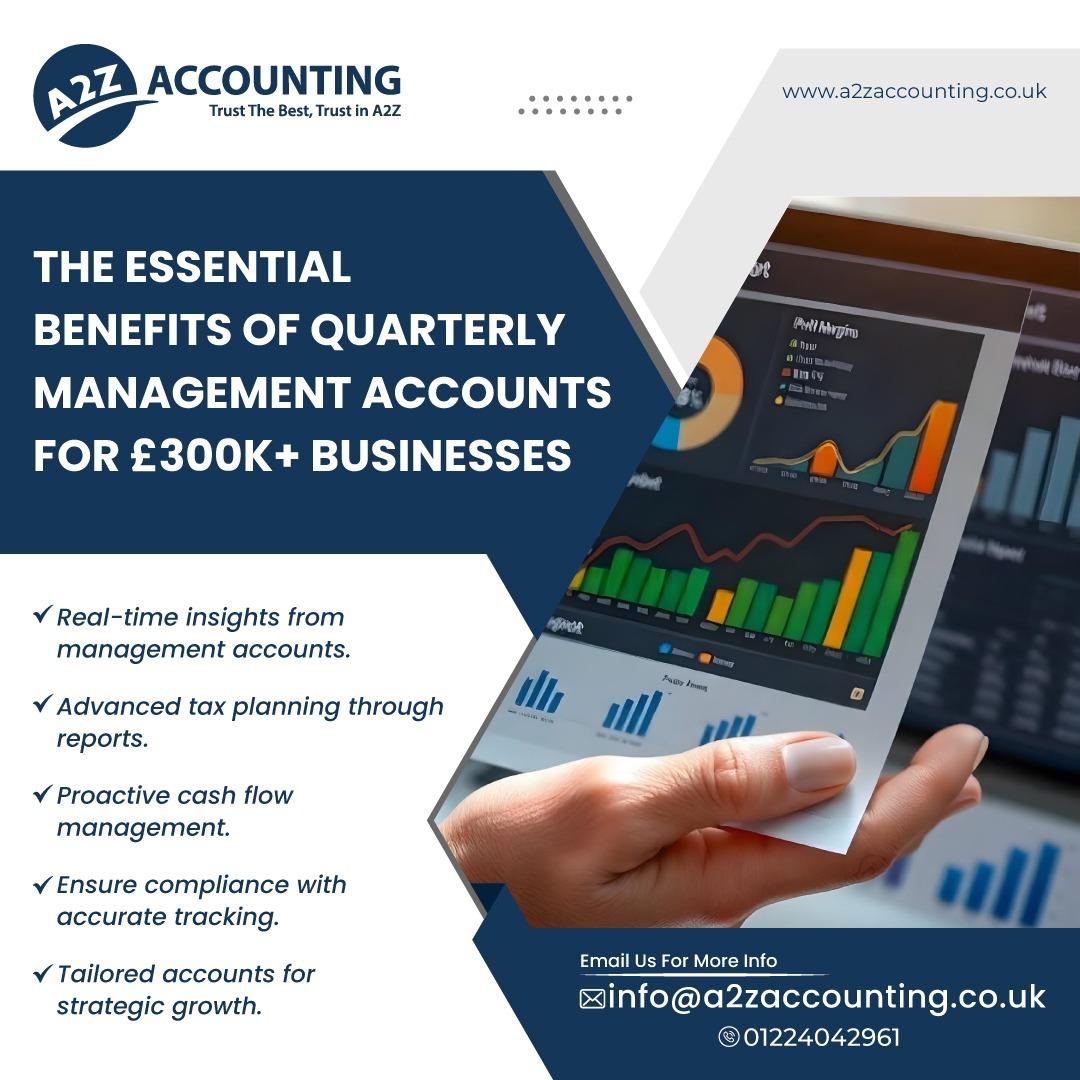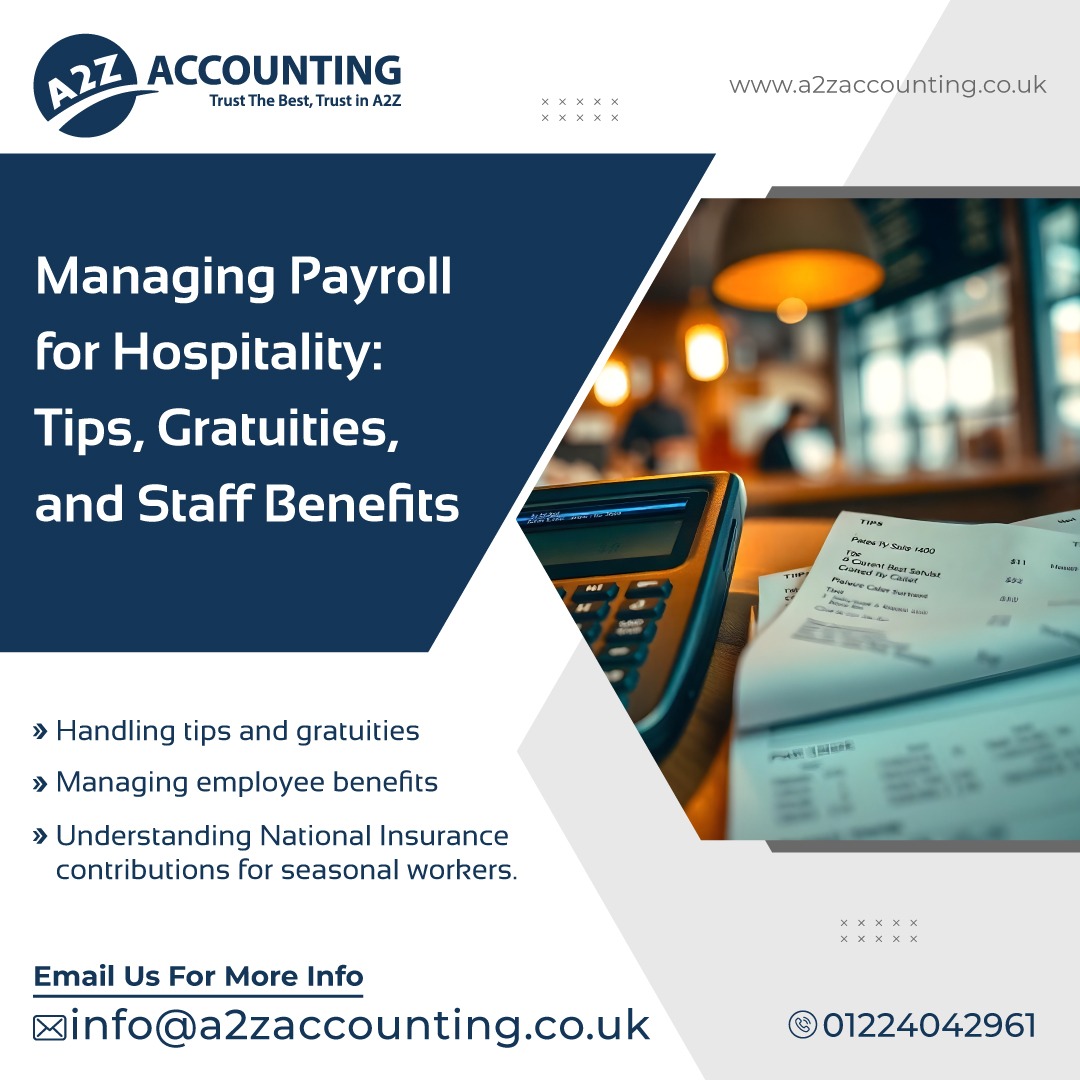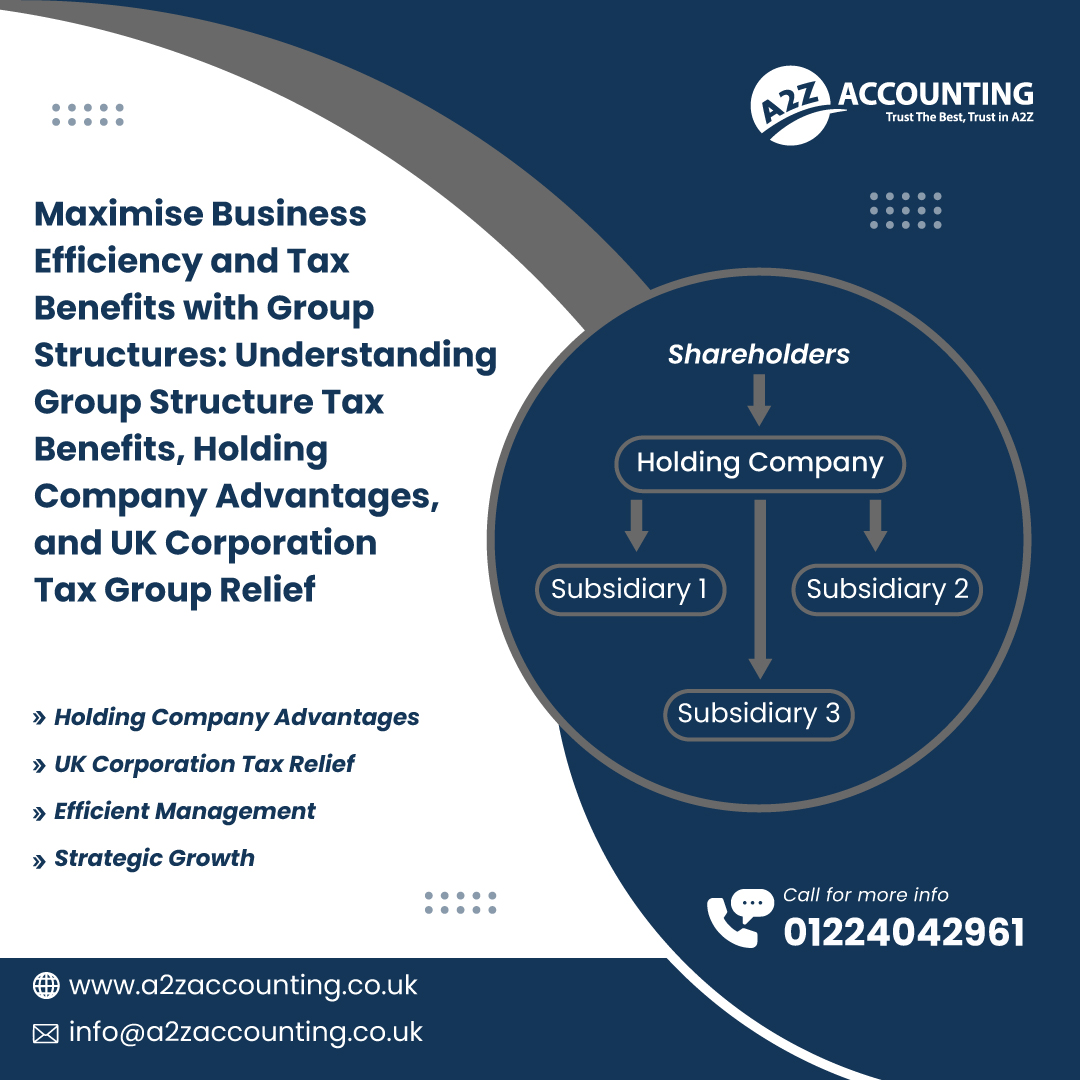Introduction
The Autumn Budget 2024, presented by Chancellor Rachel Reeves, has introduced significant tax changes aimed at addressing the UK’s economic challenges. For businesses and individuals in Aberdeen, Scotland and wider UK, understanding these changes is crucial for effective financial planning. At A2Z Accounting Solutions, we are committed to helping our clients navigate these updates. This blog will detail the key tax changes and provide actionable advice to ensure you remain compliant and optimise your tax position.
1. Increase in National Insurance Contributions (NICs)
From April 2025, the rate of employer NICs will rise from 13.8% to 15%. Additionally, the Secondary Earnings Threshold will decrease from £9,100 to £5,000. This change will significantly impact businesses, especially those with larger payrolls.
Impact on Single Director Companies: For single director companies, this change will have a massive impact. Directors who are the sole employees on their payroll will need to revise their salary structures to mitigate the increased NICs. Specifically, directors should consider reducing their salaries to £5,000 from April 2025 to align with the new Secondary Earnings Threshold. This adjustment will help minimise the additional NIC burden.
Advice:
- Review Payroll Budgets: Adjust your payroll budgets to accommodate the increased NICs.
- Utilise Employment Allowance: The Employment Allowance will increase to £10,500, which can help offset some of the additional costs.
- Salary Adjustment: Single director companies should revise their salaries to £5,000 to stay within the new threshold and reduce NIC liabilities.
2. Changes to Capital Gains Tax (CGT)
The main rates of CGT will increase to 18% for basic rate taxpayers and 24% for higher rate taxpayers. This change is effective immediately and will affect the disposal of assets.
Advice:
- Strategic Asset Disposal: Consider the timing of asset disposals to minimise CGT liabilities.
- Utilise Reliefs: Make use of Business Asset Disposal Relief, which will see a gradual increase in rates but remains beneficial.
3. Inheritance Tax (IHT) Adjustments
From April 2026, only the first £1 million of agricultural and business property will receive 100% relief, with the remainder receiving 50% relief. Additionally, pension death benefits will be included in the estate for IHT purposes from April 2027.
Advice:
- Estate Planning: Engage in early estate planning to maximise reliefs and minimise IHT liabilities.
- Review Wills: Ensure wills are updated to reflect the new IHT rules and optimise the use of the nil-rate band.
4. VAT on Private School Fees
Starting January 2025, VAT will be applied to private school fees at a rate of 20%. This change will also remove business rate relief for private schools from April 2025.
Advice:
- Budget Adjustments: Parents should adjust their budgets to account for the increased costs.
- Explore Alternatives: Consider alternative education options if the additional costs are prohibitive.
5. Abolition of Non-Dom Tax Status
The non-dom tax regime will be abolished from April 2025, replaced by a new residence-based regime. This change will affect UK residents with foreign income.
6. Increase in Minimum Wage Rates
From April 2025, the national minimum wage will rise by 6.7%, bringing the hourly rate for workers aged 21 and over to £12.211. This increase aims to support low-paid workers amidst rising living costs.
Advice:
- Seek Professional Guidance: Non-doms should seek advice to understand the implications and explore tax planning opportunities.
- Review Residency Status: Evaluate your residency status and consider the benefits of the new regime.
Conclusion
The Autumn Budget 2024 brings substantial changes that will impact both individuals and businesses. At A2Z Accounting Solutions, we are here to help you navigate these changes and optimise your financial strategies. Contact us today to discuss how these updates affect you and to develop a tailored plan that ensures compliance and maximises your tax efficiency.
